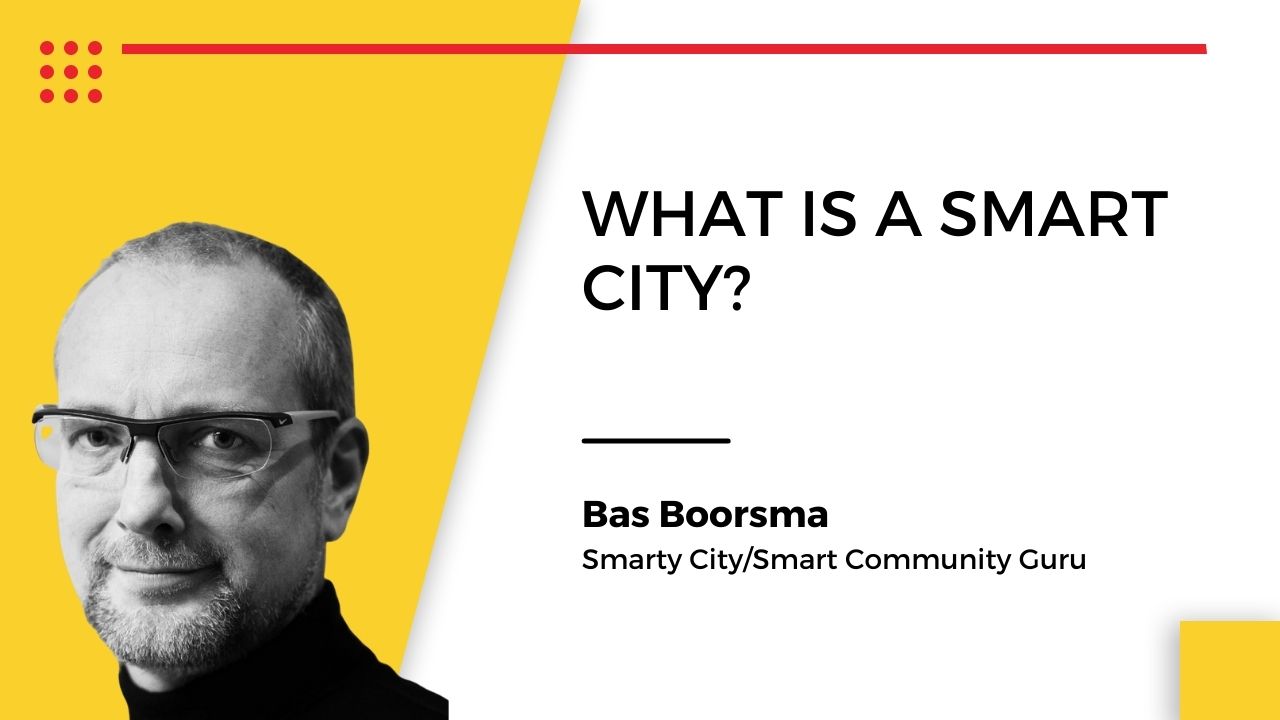Bas Boorsma, Smarty City/Smart Community Guru
Bas Boorsma has spent 20 years working in the smart community space – from the earlies smart city agendas to the larger scale digitalization & urban innovation agendas of relevance today.
Podcast
Overview
The Brand Called You welcomes Bas Boorsma on the podcast today. Bas is a guru of smart cities and communities. He is a professor of Practice at the Thunderbird School of Global Management in Arizona. He is an urban innovator and historian by education!
In this interview with host Ashutosh Garg, Bas talks about his journey into becoming a guru of smart cities and communities. Bas explains the meaning of a smart city and throws light on the role of technology in making a city smart. Bas believes that the world is moving at a dramatic pace and that digitization is a very important and relevant part of the changes that are coming about with time. He also explains the challenges faced by cities and how we can overcome them with the help of digitization. Bas talks about the opportunities that the pandemic has put forth with respect to digitization. They discuss the impact that the pandemic would have had if it occurred some decades ago.
Bas believes that the Millennials and the Gen Z are constant drivers of change and are our future. Success to Bas is making a difference and impacting lives in a very positive manner.
Tune in to the full episode to know more about the amazing work Bas does as a smart city guru.
Profile
Bas Boorsma, a Dutch national, 52 years old. I have spent 20 years working in the smart community space – from the earlies smart city agendas to the larger scale digitalization & urban innovation agendas of relevance today. But that’s not where I started. My career essentially started in Cambodia. Served the United Peacekeeping operation UNTAC 1992-1993 and continued to live in Cambodia until 1995. My experiences there & then have come to define me in multiple ways. Many of those experiences have been tough to digest. Yet one positive one stands out: the insight, discovery if you will, of the extraordinary capacity of human beings to bounce back under the most difficult of circumstances, resilience avant la lettre. Our current world is changing at a dramatic pace, networked but ruled by complexity, undergoing a shift, powered by new technologies but with consequences so much larger and deeper than the immediate impact of these technologies alone, powering in what some now call the 4th industrial revolution. And amidst such a shift, such a revolution, the past stops being a source of guidance for the present and future – and resilience becomes a trait more important than ever.
My past 20 years have been dedicated to digitalization and its impact on cities. Built one of the first smart city networks in the world. Joined Cisco in 2007, following then-Cisco CEO John Chambers being on stage, promising Bill Clinton he would demonstrate how digital could help green cities (this was in the aftermath of Al Gore’s An Inconvenient Truth). Ran my chunk of Cisco’s Connected Urban Development. Ran multiple smart city engagements in the years following. Stayed at Cisco for 11 years and ended up as the company’s innovation leader for Northern Europe. In the three years since leaving Cisco, I have continued my focus on smart communities, yet with less of a tech angle to it. Data ethics, 21st-century models of governance, inclusion, cities beyond Covid 19, and how to prepare. Institutionalized resilience if such a thing can exist. Currently, I serve as Professor of Practice at Thunderbird School of Global Management (Arizona State University), European lead at the Cities Today Institute, Member of the board of The Smart City Association Italy, and an advisor to multiple cities around the world. I am the author of “A New Digital Deal. How to Bet Leverage Digitalization for the Benefit of our Communities” (2017, Revised 2020), translated into various languages. For the Arabic edition, it was discovered particular words I used did not exist in the Arab language and seven words were created to serve the purpose by academia in the Arab world. The ‘language nerd’ in me is typically excited over such a detail. I am an urban innovator, a historian by education yet it is the future that is my canvass.


